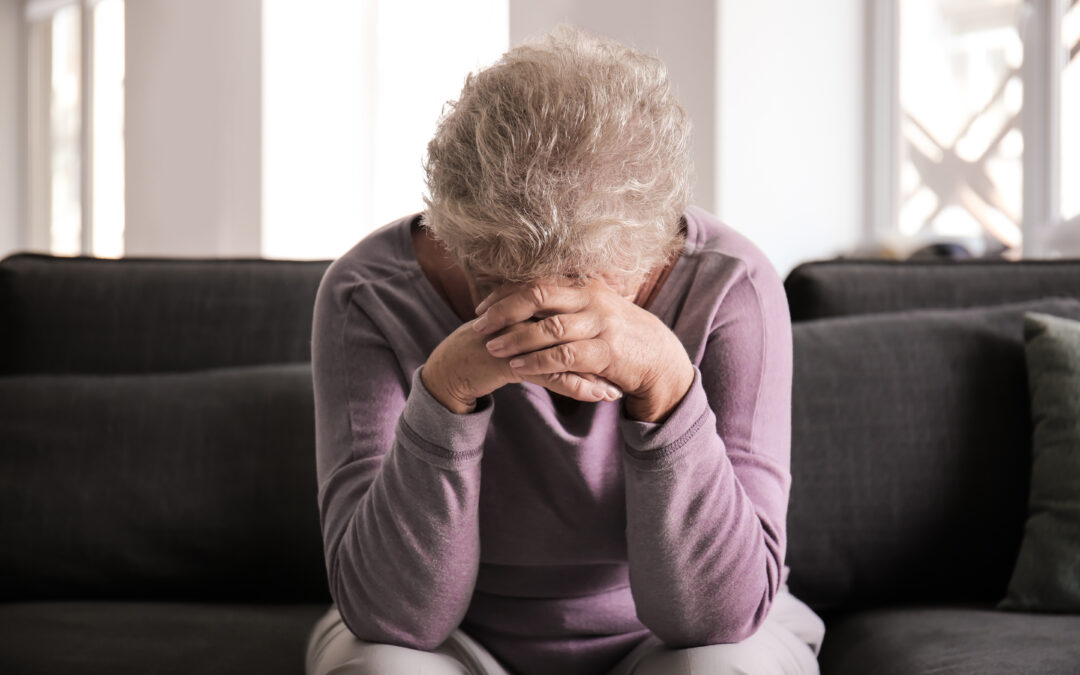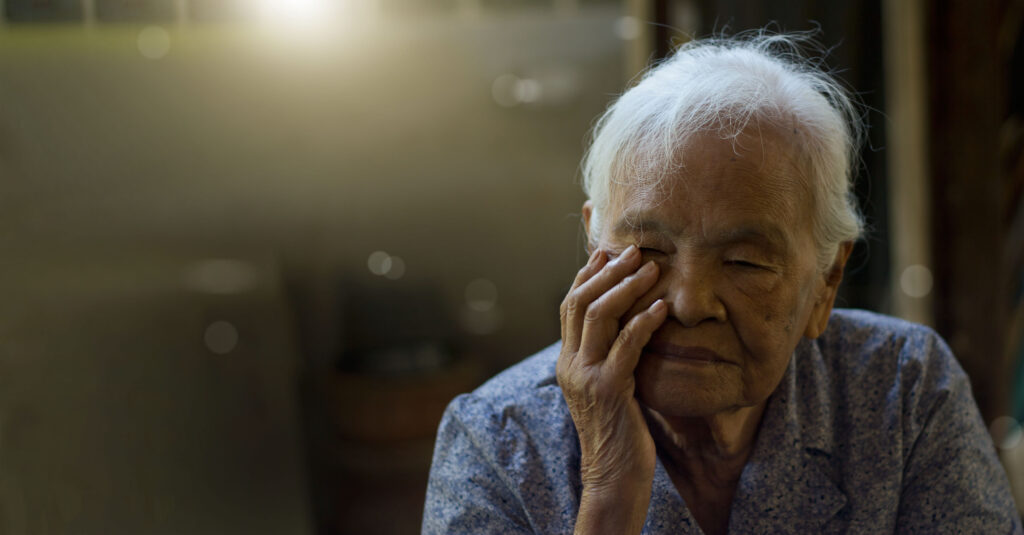Depression in the elderly is often overlooked, mistaken for a natural part of ageing. However, it’s a serious mental health condition that affects many older adults, impacting their quality of life and overall well-being. Recognising the signs of depression in older adults is crucial for timely intervention and support.
Understanding Depression in the Elderly
Late-life depression, also known as geriatric depression, is a common but serious mood disorder in older adults. It can lead to emotional distress, cognitive decline, and physical health issues if left untreated. Factors contributing to depression in older adults include chronic illness, bereavement, social isolation, and reduced mobility.
Common Signs of Depression in Older Adults
Identifying depression in older adults can be challenging, as symptoms may differ from those in younger individuals. Key signs include:
- Persistent sadness or feelings of emptiness
- Loss of interest in previously enjoyed activities
- Fatigue and decreased energy
- Changes in appetite or weight
- Sleep disturbances, such as insomnia or oversleeping
- Difficulty concentrating or making decisions
- Feelings of hopelessness or worthlessness
- Physical symptoms like aches or pains without a clear cause
- Social withdrawal and isolation
It’s important to note that these symptoms can also be associated with other health conditions, making it essential to consult healthcare professionals for an accurate diagnosis and treatment.
Risk Factors for Depression in Older Adults
Several factors increase the risk of depression in the elderly:
- Chronic medical conditions such as heart disease, diabetes, or arthritis
- Significant life changes, including retirement or loss of a loved one
- Social isolation and lack of support networks
- History of depression or other mental health issues
- Certain medications that may have depressive side effects
Understanding these risk factors can help in early identification and prevention of depression among older adults.
Treatment Options for Geriatric Depression
Effective treatment of depression in older adults often involves a combination of approaches:
- Psychotherapy: Cognitive-behavioural therapy (CBT) and interpersonal therapy (IPT) have shown effectiveness in treating depression in the elderly.
- Medication: Antidepressants, particularly selective serotonin reuptake inhibitors (SSRIs), are commonly prescribed, considering the individual’s overall health and potential side effects.
- Lifestyle modifications: Encouraging regular physical activity, social engagement, and healthy eating habits can significantly improve mood and overall well-being.
- Support groups: Participating in group therapy or community activities can provide emotional support and reduce feelings of isolation.
- Early intervention and a personalised treatment plan are key to managing depression effectively in older adults.
Supporting Mental Health at Little Croft Care Home
At Little Croft Care Home, we prioritise the mental health and emotional well-being of our residents. Our dedicated team offers comprehensive care tailored to individual needs, ensuring a supportive and nurturing environment.
Our services include:
- Residential Care: Providing a safe and comfortable living space with 24-hour support.
- Dementia Care: Specialised programs to support residents with memory-related conditions.
- Respite Care: Short-term stays to give caregivers a break while ensuring quality care for their loved ones.
- End of Life Care: Compassionate support during the final stages of life, focusing on comfort and dignity.
Our holistic approach includes engaging activities, social events, and personalised care plans to promote mental stimulation and emotional health.
Final Thoughts
Depression in the elderly is a significant concern that requires attention and action. By recognising the signs of depression in older adults and providing appropriate support, we can enhance their quality of life and overall happiness. At Little Croft Care Home, we are committed to creating a positive and caring environment where our residents can thrive emotionally and physically.
If you’re concerned about an older loved one’s mental well-being or would like to learn more about the support we offer, please don’t hesitate to get in touch with us. Our friendly team is here to help.


